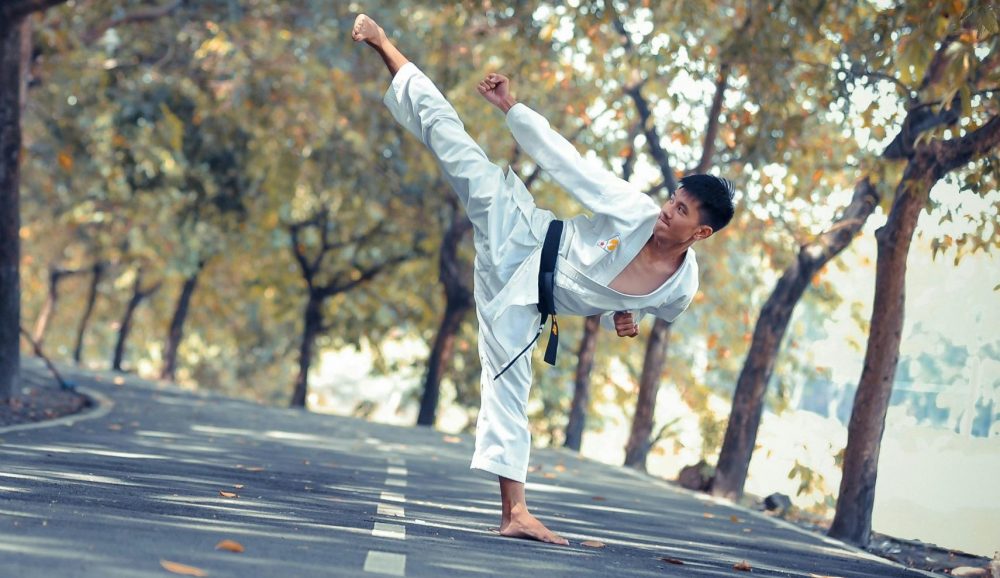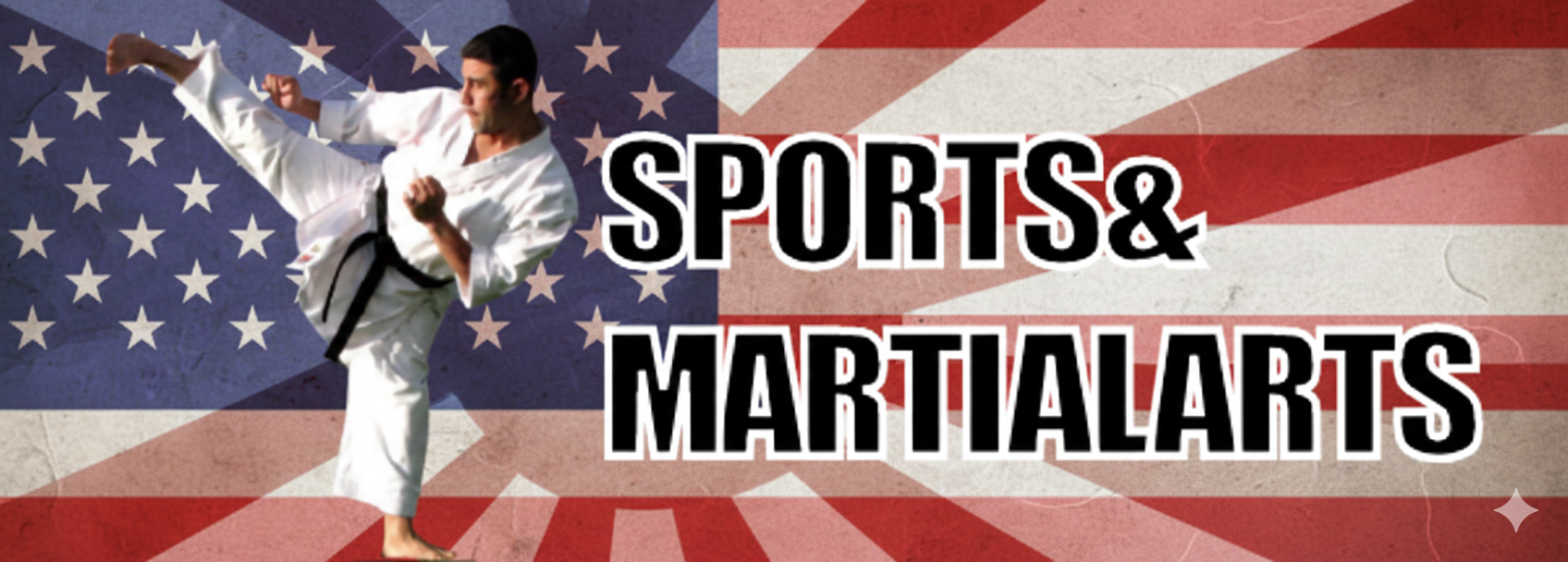Karate: Tradition and Inspiration
Karate has been a significant part of my life, a journey that intertwines physical discipline with mental fortitude. Stepping into the dojo for the first time, I was not just entering a space to learn self-defense; I was stepping into a rich history and tradition that dates back centuries.
A Brief History of Karate
Originating in Okinawa, Japan, this Martial Art evolved from indigenous martial arts influenced by Chinese techniques. It was initially developed as a means of self-defense when weapons were banned. Over the centuries, now it has grown into a comprehensive martial art practiced worldwide, blending strikes, kicks, and defensive techniques with a deep philosophical underpinning.

Traditional Karate Styles from Japan
In my training, I have explored various traditional styles, each with unique characteristics and philosophies:
- Shotokan: Founded by Gichin Funakoshi, Shotokan emphasizes linear movements and powerful, precise strikes. It’s known for its deep stances and strong basics.
- Goju-Ryu: Created by Chojun Miyagi, Goju-Ryu combines hard (go) and soft (ju) techniques, integrating circular movements and breathing exercises.
- Shito-Ryu: Developed by Kenwa Mabuni, Shito-Ryu blends elements from various Karate and Kung Fu styles, emphasizing speed and power.
- Wado-Ryu: Founded by Hironori Otsuka, Wado-Ryu focuses on fluid movements and body shifting, integrating Jiu-Jitsu principles.
Celebrities Who Have Trained in Karate
It has inspired many individuals, including several celebrities who have trained in this martial art:
- Elvis Presley: A seventh degree in Kenpo Karate. The King of Rock ‘n’ Roll held a black belt.
- Jean-Claude Van Damme: A black belt in Shotokan Karate. Known for his martial arts films, Van Damme trained extensively and also competed in many tournaments in Europe.
- Bear Grylls: A black belt in Shotokan Karate. The survival expert and TV personality has a black belt in this art.
- Chuch Norris: a 5th degree black belt in Karate, also having a black belt in Tang Soo Do, Taekwondo and other arts.
- Wesley Snipes: a 5th degree black belt in Karate, and 2nd degree black belt in Hapkido.
- Forest Whitaker: a black belt in Kenpo Karate.
- Dolph Lundgren: a black belt in Kyokushin Karate.
- Michael Jai White: a black belt in Shotokan and many other styles.
The Inspiration Behind This Martial Art

Its influence extends far beyond self-defense. It has inspired countless individuals to pursue personal growth, discipline, and confidence. The philosophy of Karate-do, or “the way of Karate,” teaches respect, humility, and perseverance, values that resonate with people from all walks of life.
What You Can Learn from it Karate

Martial Arts goes beyond mere physical techniques, offering a comprehensive approach to personal growth and development. Here’s an expanded list of skills and attributes that practitioners can cultivate through this martial art:
- Self-Defense: Learning practical techniques for effective self-protection in various situations.
- Discipline: Developing self-control, consistency in practice, and the ability to adhere to a structured training regimen.
- Confidence: Building self-assurance through the progressive mastery of techniques and facing challenges within the martial art.
- Respect: Understanding and demonstrating respect for oneself, fellow practitioners, instructors, and the martial art’s traditions.
- Physical Fitness: Improving overall fitness levels, including strength, flexibility, cardiovascular endurance, and agility.
- Mental Fortitude: Enhancing resilience, mental toughness, focus, and clarity through rigorous training and overcoming obstacles.
- Balance and Coordination: Developing precise motor skills, spatial awareness, and coordination through repetitive drills and movements.
- Cultural Appreciation: Gaining insights into Japanese culture, history, etiquette, and traditions that are integral to Kenpo Karate’s practice.
Martial Arts thus serves as a pathway not only to effective self-defense but also to holistic personal development encompassing physical fitness, mental resilience, cultural understanding, and ethical values like respect and discipline.
Benefits of Practicing this Martial Art

Practicing this art offers numerous benefits:
- Physical Health: Improved cardiovascular health, muscle tone, and flexibility.
- Mental Health: Reduced stress, increased concentration, and emotional stability.
- Social Skills: Enhanced communication and teamwork through group training.
- Personal Growth: Continuous self-improvement and goal-setting.
Conclusion
It is more than just a martial art; it is a way of life that instills valuable life skills and promotes holistic well-being. My journey with Martial Arts has been transformative, offering the ability to defend myself and the discipline and confidence to tackle life’s challenges. Whether seeking physical fitness, mental clarity, or a deeper connection with a rich cultural tradition, this Martial Art has something to offer. Step onto the dojo floor, embrace the journey and discover the profound impact that can have on your life.
Karate Requirements
- Karate Stances
- Karate Punches
- Karate Kicks
- Karate Blocks
- Karate Strikes
- Karate Traditional Katas
- Karate Traditional Weapons
- Karate General Terminology
Follow our Social Media!












